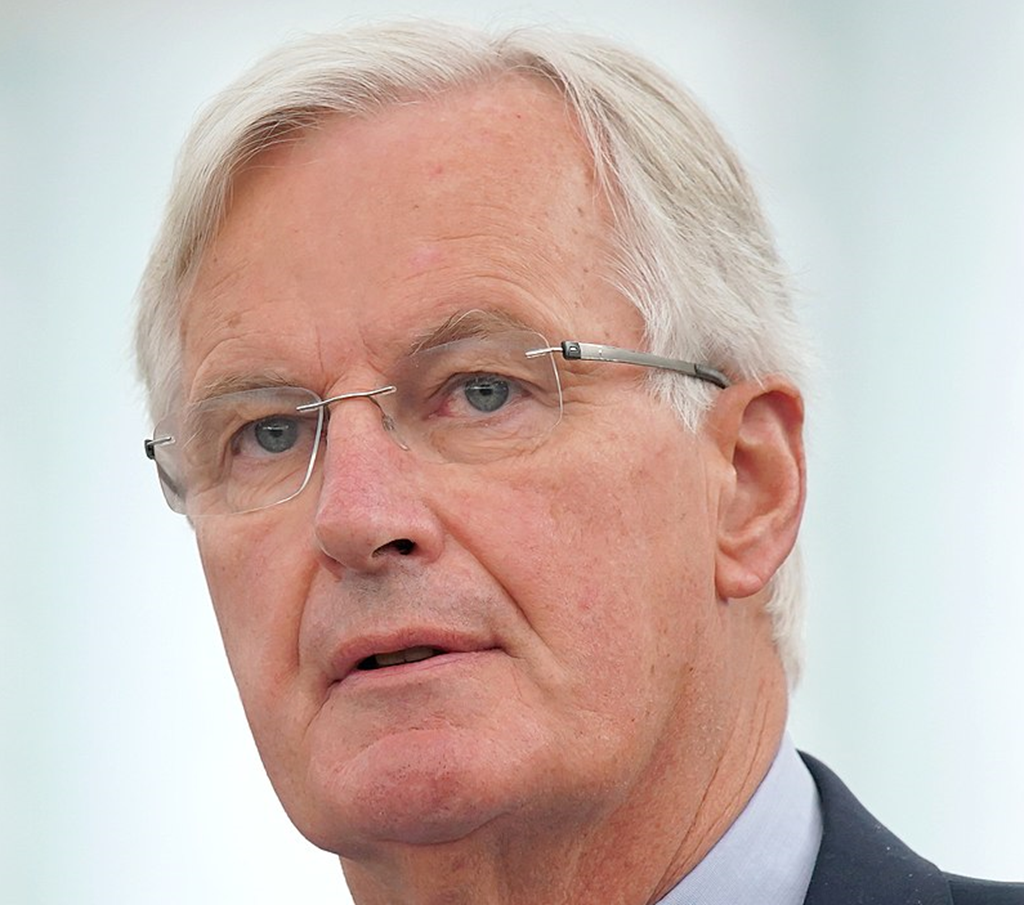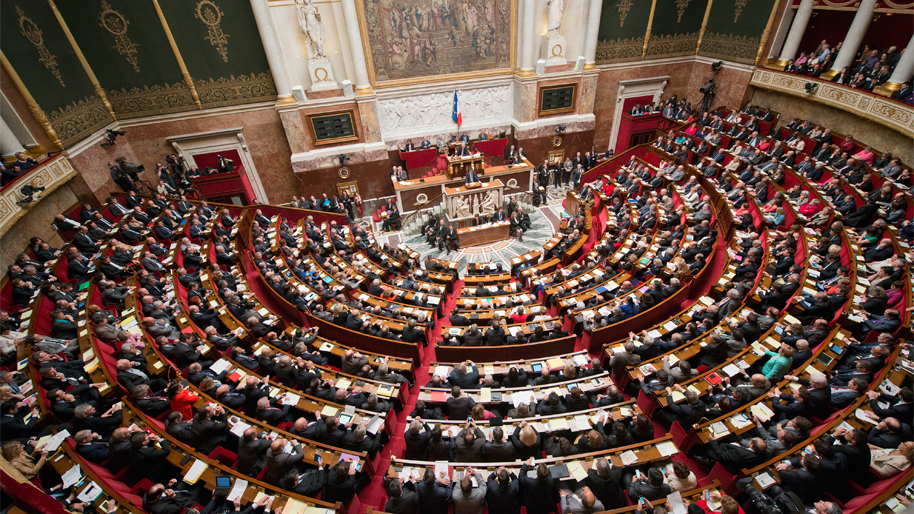International
The enormous challenges of Michel Barnier, the new French prime minister

It promises to be a particularly busy autumn for the new prime minister. Newly installed in Matignon, Michel Barnier will have to quickly put together a government capable of tackling the most pressing economic issues. The French economy, battered by a budget storm, is bracing itself for a dismal fall. All this with tight European-imposed budget constraints that are driving the downturn and crisis across the continent.
It is true that inflation returned below the 2 percent threshold last August after hitting highs in 2022 and 2023. But household consumption, the main driver of growth in France, remains sluggish. On the business front, business sentiment plummeted in July to a level not seen since 2021, after the thunderous announcement of the dissolution of the National Assembly.
Industrial production fell 3 percent year-on-year in August, according to INSEE. With the euphoria of the Olympic Games behind it, the French economy may come to a screeching halt in the final quarter. INSEE expects GDP growth to decline to -0.1 percent in the final quarter. Read also Growth, employment, unemployment: the autumn full of dangers.
Barnier’s unusual majority, which is centrist but forced to look toward the Rassemblement National because the left has declared war on Macron, its benefactor, to the point of proposing its divestiture, further complicates the situation. At the same time, the RN can remove his confidence at any time because he is not an integral part of the majority and has no commitment except not to challenge him immediately.
Supply-side economics
In this gloomy climate, the new head of government will have to work quickly on his economic priorities. What economic policy should we expect? Former European commissioner of the Republican Party, Michel Barnier, is likely to pursue an economic policy favorable to European business and supply. On his side is the fact that the EU will have an eye on him.
A connoisseur of Brussels institutions, Michel Barnier will likely draw on his long experience at the European Commission to support France’s position in the difficult budget negotiations ahead with its partners. “Economic policy will be very limited, but there is potential for progress in areas like the employment rate and productivity. There is room to produce more wealth collectively by working harder,” says Olivier Redoulès, economist and research director at Rexecode.
Reduced room for maneuver due to absurd EU budget constraints.
At the national level, to get the economy moving again, the right-wing and center-right camps in Parliament could press for tax cuts on households and businesses. But the state of French public finances will likely reduce the likelihood of a compromise in Parliament to reduce the tax burden.
Faced with these difficulties, “Michel Barnier could, for example, ask the better-off to show solidarity,” says economist Patrick Artus. “This could involve de-indexing higher pensions in line with inflation or de-indexing the tax scale for higher incomes.” The fact remains that the configuration of the National Assembly, fragmented into three blocs with diametrically opposed economic visions, will probably also limit the room for maneuver of this expected government.

Assembléè Nationale, the French Parliament
Painful cuts to be passed in parliament
On the budget front, Michel Barnier laid out his priorities during the handover to former Matignon occupant Gabriel Attal. “We will have to tell the truth about the financial and ecological debt,” he warned. Trapped in an alarming budget situation, the outgoing government is leaving a painful legacy for the future minister of public accounts. “On the budget front, some choices will be politically difficult. We will have to agree on a diagnosis.
Michel Barnier’s first task “is to take measures to reduce the public deficit. He has no choice,” economist Patrick Artus points out. According to recent Bercy notes sent to MPs, the deficit in 2024 would be much higher than expected (5.6 percent compared to 5.1 percent).
When Gabriel Attal left Matignon, he left behind a stack of notes and documents prepared by Bercy experts to find ways to save money. “There is currently an ongoing review of corporate subsidies, estimated at 150 to 200 billion euros a year,” Patrick Artus points out. “But we must not lose the confidence of investors and financial markets,” he adds. It remains to be seen whether the Barnier government will take up the explosive proposals of the opinion makers at the Ministry of Finance.
A risk of social riots and unrest
This worsening deficit risks complicating Michel Barnier’s budget equation. France will have to make colossal investments in ecological transition, defense and health care. At the same time, the executive could tighten its budgetary policy by making cuts in the budgets of ministries, social security and local governments.
Last July, the Banque de France had already revised its GDP growth forecasts to take into account the 10 billion euros in savings decided by decree in the spring. “France is on a growth equivocation. Growth in consumption and investment is zero. Current growth is very fragile because it relies on highly volatile components such as foreign trade,” points out Mabrouk Chetouane, economist and head of market strategy at Natixis.
For his part, Palais Bourbon Finance Committee Chairman Eric Coquerel (LFI) fears that “austerity feeds austerity.” “We have to stop with the politics of supply and competitiveness. The more we cut government spending, the more deficits increase.” The issue of purchasing power At the heart of this sluggish growth is consumption, which is therefore slowing down. Hit hard by soaring prices, households have hit the brakes since 2022.
Wage increases in businesses have failed to offset the overheating of prices in France. The purchasing capacity of the French has fallen due to booming costs, especially energy, against which the government has failed to do much.
In April, during the presentation of an interim report, the economists proposed revisiting the slope of reduced contributions for low-wage workers. On this burning issue, Michel Barnier could “hand over the reins to the social partners,” Patrick Artus stressed. In the right-wing camp, the legislative pact detailed at the height of the summer proposes in particular the extension of tax exemption and overtime tax relief. Emmanuel Macron adopted this contentious policy, which was a tenet of Nicolas Sarkozy, during the health crisis.
In late July, right-wing heavyweights mentioned a competitiveness bill in the legislative pact presented to the press. This bill could include a cut in production taxes and a reduction in transfer taxes for SMEs and ETIs. Regarding standards, the right wing proposes to implement a moratorium. This measure is highly anticipated, especially by SMEs.






